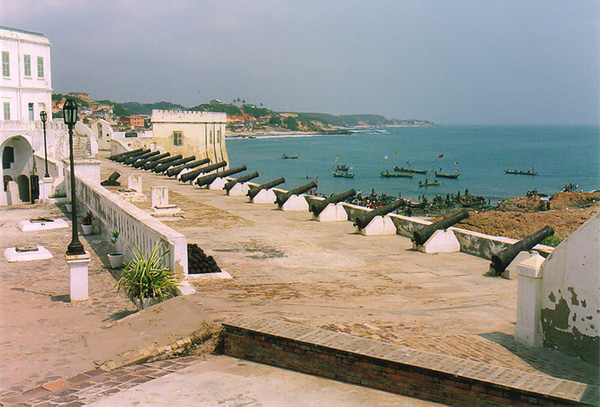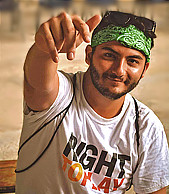Ghana

Ghana is considered one of the more stable countries in West Africa since its transition to multi-party democracy in 1992.Ghana is a democratic country led by a president who is both head of state and head of the government. Formerly known as the Gold Coast, Ghana gained independence from Britain in 1957, becoming the first sub-Saharan nation to break free from colonial rule.
Gold, cocoa and more recently oil form the cornerstone of Ghana's economy and have helped fuel an economic boom. The country is named after the great medieval trading empire that was located northwest of the modern-day state until its demise in the 13th century.
Ghana's population of approximately 28 million spans a variety of ethnic, linguistic and religious groups.Its diverse geography and ecology ranges from coastal savannahs to tropical rain forests.
Our Support
We support Cape Coast, cape coast is located in Ghana’s Central Region, Forever haunted by the ghosts of the past, Cape Coast is one of Africa's most culturally significant spots. This former European colonial capital, originally named Cabo Corso by the Portuguese, was once the largest slave-trading center in West Africa.
At the height of the slave trade it received a workforce from locations as far away as Niger and Burkina Faso, and slaves were kept locked up in the bowels of Cape Coast's imposing castle. At the shoreline, slaves were herded onto vessels like cattle, irrevocably altering the lives of generations to come. From 1500’s to 1957, the city and port changed hands between the British, Portuguese, Swedish, Danish, and Dutch.
This multicultural history speaks to the area’s importance as a trade route that transported not only slaves but gold, honey, and other African spoils; thus making this ideal spot (then called the Gold Coast) the country’s capital until 1877 when it was moved to Accra. Today, Cape Coast is an easygoing fishing town with an arty vibe, fanned by salty sea breezes and kissed by peeling waves.
Our work:
- Med Campaigns
- Business and Economic empowerment
- Journalism
- Education
- Agriculture
- Teaching
- Engineering
- Social services

